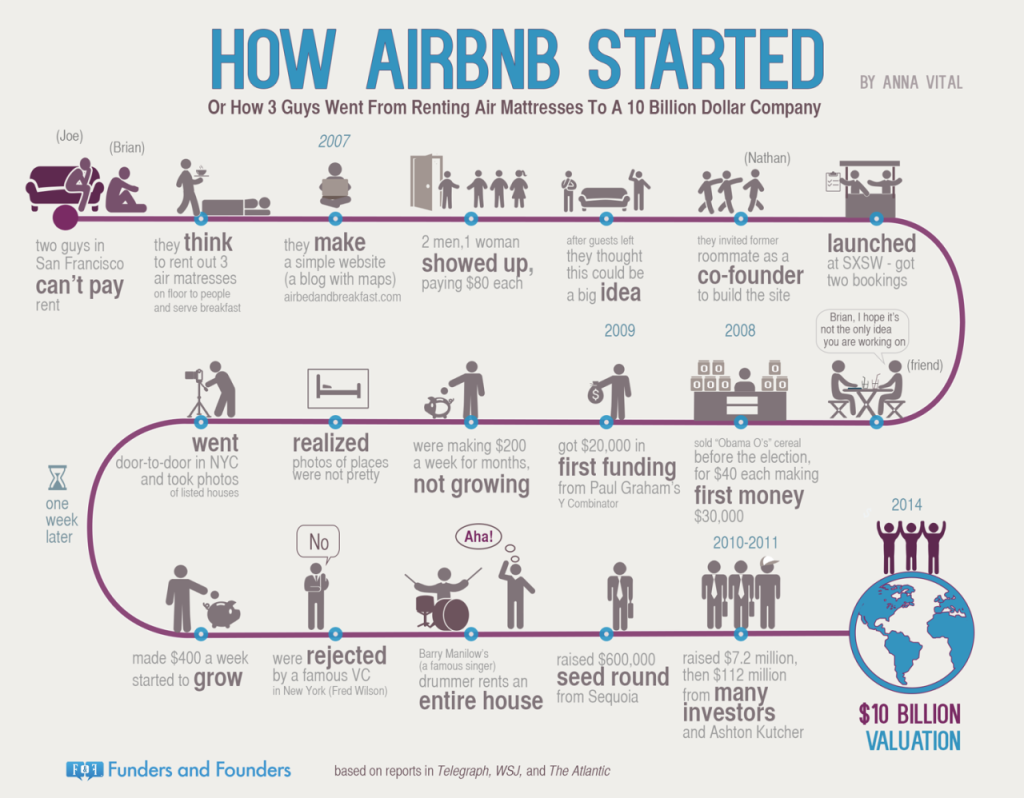
Last week, I was honored to attend the Tutu Chic Fashion Show and Luncheon for the Texas Ballet Theater, which was beyond awesome. During lunch, a friend asked me if I knew about a home in her University Park neighborhood that was being leased out for short terms, like a week or two at a time. Oh, I said, like with Airbnb? She had no idea what Airbnb is. I informed. Not sure if the UP homeowner was working with Airbnb or another on-line online community marketplace, as they are called, but the home clearly has a lot of short term renters coming and going.
Airbnd connects people looking to rent their homes with people who are looking for accommodations. Airbnb users include hosts and travelers: hosts list and rent out their unused spaces, sometimes a room in their home, a back guest house, or even the whole house. Travelers search for and book accommodations in 192 countries worldwide. It’s staying in a private home like a hotel or bed and breakfast, which is actually how the company first started — serving breakfast with the room. Recall this was done ALL OVER DALLAS during Superbowl XLV — the M Mansion in The North Dallas Forty reportedly rented for $280,000 for five days.
Airbnd started in San Francisco thanks to the real estate market. Literally, two guys who could not pay their rent, came up with the idea of letting people pay to sleep in their apartment on air mattresses. It worked. They not only paid their rent but started a $10 billion dollar company.

So what’s the problem? Well, neighbors (like my friend) might complain about a flurry of guests coming and going, not that they can do too much about it. But is it safe as homeowners to host strangers in your home for a night or even a week?
Airbnb says this about the safety:
The Airbnb Host Guarantee provides protection for up to $1,000,000 to a host for damages to covered property in the rare event of guest damages above the security deposit—or if no security deposit is in place.
The Host Guarantee Program does not cover cash and securities, collectibles, rare artwork, jewelry, pets or personal liability. We recommend that hosts secure or remove valuables when renting their place. The program also does not cover loss or damage to property due to wear and tear. For these types of incidents, hosts can add a security deposit in their pricing settings.
The Host Guarantee Program is not insurance and does not replace your homeowners or renters insurance. Make sure you review and understand the terms of your insurance policy and what it covers and does not cover. Not all insurance will cover damage or loss to property caused by a guest renting your space. Also, filing a host guarantee request does not preclude a guest from financial responsibility for the damages claimed should Airbnb determine a guest was at fault.
That’s why an article in Sunday’s New York Times cautioned homeowners that Airbnb may be the next Uber. Like Uber, it pushes liability, one of the most expensive component of our daily life, onto the homeowner’s private insurance while knowing those companies, or most of them, would not cover commercial enterprises especially if you do not have umbrella coverage:
Uber grew by heaping it on many drivers, asking them to push damage claims through their personal insurance companies while knowing that those companies did not cover commercial activity.
And now comes Airbnb with its free $1 million liability coverage that will cover the hosts for its tens of thousands of United States listings. How can it afford to provide this for nothing, to everybody? Well, it is “secondary” coverage, which means that it, too, wants hosts to push any claims for guests’ injuries and deaths through hosts’ own insurance companies first.
At least one Airbnb “landlord” had extensive property damage and found his home strewn with meth pipes.
I started thinking about all of this, what with the luncheon table convo, and this article. What if — and I hate to take such a dismal view of humanity — but what if people booked Airbnd homes or rooms not to burglar the home they are staying in but to peruse and canvass the neighboring homes for future robberies? I mean, look at what happened in Allen just last weekend?
Many cities have been upset that Airbnb guests also do not pay city hotel taxes, which robs the municipal coffers of revenue. Travel taxes — those hotel and rental car taxes — are politicians’ favorite way to heap on brutal taxes the locals never feel. I, for one, will no longer rent a car in Chicago or in Cook County — the auto rental tax there is obscene.
So along comes Airbnb and a way to skirt all those dang hotel taxes, while leaving the individual homeowner with liability. Sounds so much like Uber, which denied liability for last year’s crash that killed a six year old girl as she was crossing the street.
Is this the new sharing economy, a disrupter, or a very creative way to use technology and ingenuity to skirt regulations, which I do think have gotten way too heavy?
And while some council members said they still had reservations about various parts of the ordinance, there was broad agreement that the new law provides a solid starting point to address the evolving industry.
“We have transportation-for-hire operators, at this moment, who are not regulated,” Vonciel Jones Hill said before the vote. “If we do not pass this ordinance today, they will continue to be not regulated. Nothing could be more unfair to the citizens.”
What do you think about Airbnd or letting complete strangers in your home for a night or a few weeks? What if your neighbors did this?
.